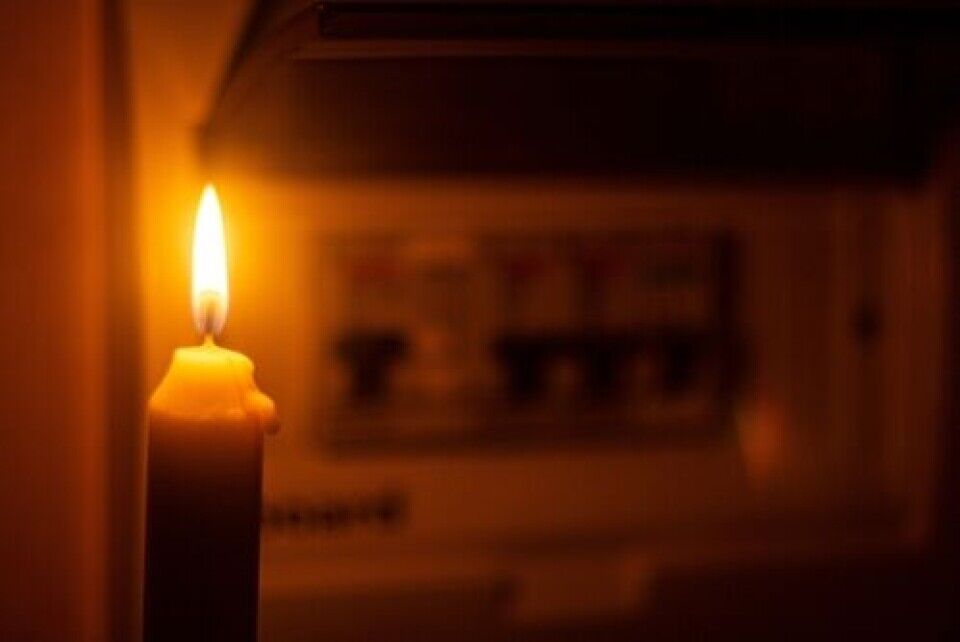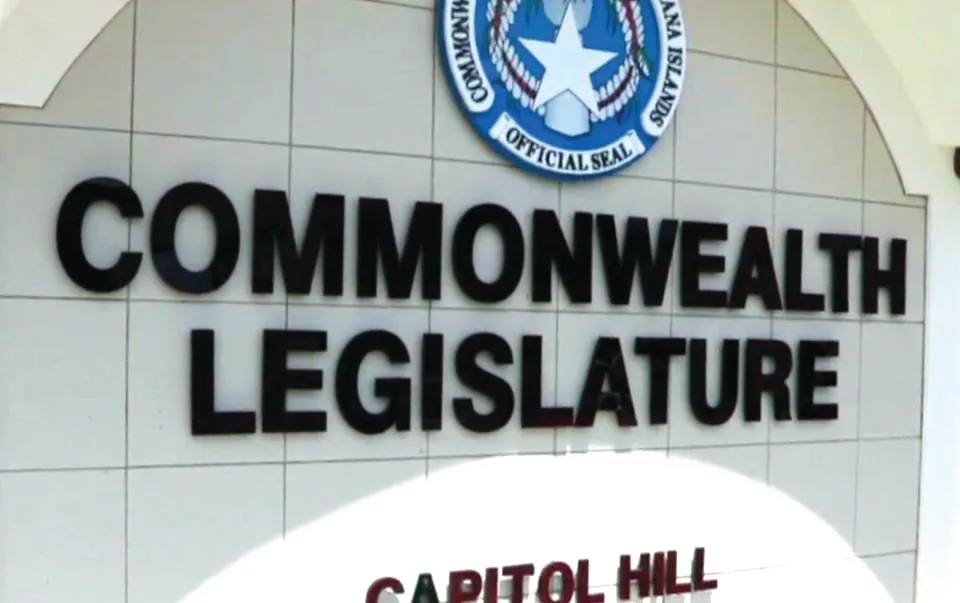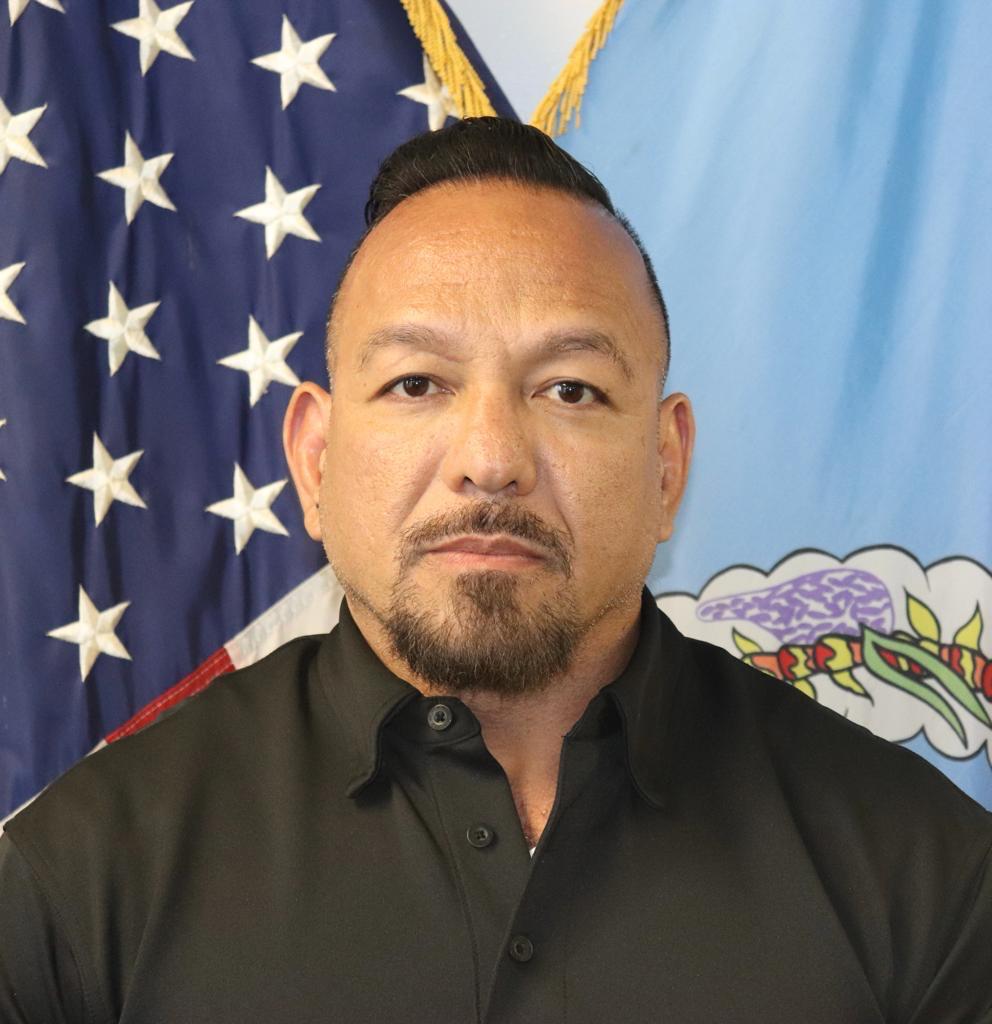
CUC’s executive director has informed the governor and the CUC board that there is “an urgent and escalating risk that CUC may soon be unable to provide continuous and reliable electrical services to the islands of Saipan and Rota due to circumstances beyond our control.” In other words, engine problems at CUC’s (aging) power plants. If not resolved immediately, we could experience prolonged blackouts.
The executive director recommends a state of emergency declaration to expedite the procurement process, but the CUC board punted the decision to the CPUC. I can’t blame the CUC board. When strung together, the words “CUC,” “emergency declaration,” and “procurement” typically result in controversy, litigation, or both.
The executive director’s warning, in any case, is nothing new.
In June 2022, CUC’s then-deputy executive director, Chretien Voerg, reminded lawmakers about the poor state of CUC’s main power plant and engines. He said CUC “has been developing plans for years” for replacing its antique power plants which “should have died a long time ago.” But thanks to CUC’s maintenance staff, “they’re still running well beyond their useful life.”
The main problem, as usual, was (still is) lack of funding.
“We have a number of outstanding accounts that have not been paid,” Voerg said, referring to the CNMI government’s utility bills. “Those…add up to…tens of millions of dollars,” and those funds could have gone to “replacing equipment at our power plants that would make us more efficient…. [I]t would reduce the amount of energy [fuel] we need to consume in order to produce that electricity…. So any assistance we could have in catching up on some of these arrears accounts…we’d appreciate that.”
This administration’s “solution” to the central government’s unpaid utility bills is to make them magically “disappear” through an MOA with the CUC board, whose members are gubernatorial appointees.
CUC, meanwhile, must “seek other means to support power generation.” Like what? Lawmakers, for their part, are set to pass a bill to provide more funding to the CPUC and allow it to hire staff because, apparently, adding another layer of government (i.e., politics) and incurring additional costs is…never mind.
CNMI officials may wish they did not hear it, but what Voerg said over two years ago remain true today:
“Whether the hospital or any other government agency does not pay their bill, CUC has to figure out a way to survive. And part of that survival is not reinvesting in the infrastructure that we need desperately to be more efficient…. If we can receive those arrears payments, we can reinvest in our infrastructure, we can put in more efficient and renewable and reliable equipment that then will result in a cost savings for our customers. It won’t be an immediate change. We will need the income to come in, we will need to invest in the infrastructure, and then we’ll start realizing the savings.”
By the way, we’re talking about CUC’s power generation only. Once oil prices start rising again due to global events, the Fuel Adjustment Charge will increase, and we’ll once more hear widespread public outcry as voters urge their government — the same government that helped create and perpetuate CUC’s sorry state of affairs — to “do something.”
From OPA’s report in 2017:
“Our audit disclosed that [CUC] has not achieved its purpose to operate as an independent public agency with the legal and political independence to perform as a non-subsidized, autonomous corporation due to interferences by the legislature, various governors, and the boards of directors throughout the history of CUC. While there have been modifications to, and complete changes in, CUC’s enabling legislation, and numerous executive orders relating to CUC’s operations, none have addressed the overall political nature of CUC’s founding and continued operations.
“The legislature, despite requiring CUC to recover all costs through an adequate rate structure, passed laws that did not provide CUC with sufficient autonomy to do so and, on occasion, legislated rate and fee reductions.
“Various governors, through the board appointment process and the use of emergency
declarations, have exercised operational control of CUC.
“Absent any enabling or restricting statutes, boards of directors, developed by-laws and
regulations allowing their participation in CUC’s day-to-day operations instead of
focusing on strategic planning, budgeting, and policies.”
Bad but popular ideas are the zombies of politics and governance. They always sound “new,” but they’re not. They’ve been tried before, and were found wanting. But now and then they’ll be resurrected by a new set of leaders and an electorate with selective amnesia, which is probably a “good thing” for democracy. If many of us remember the past accurately, voter turnout will decline considerably.
Send feedback to editor@mvariety.com









